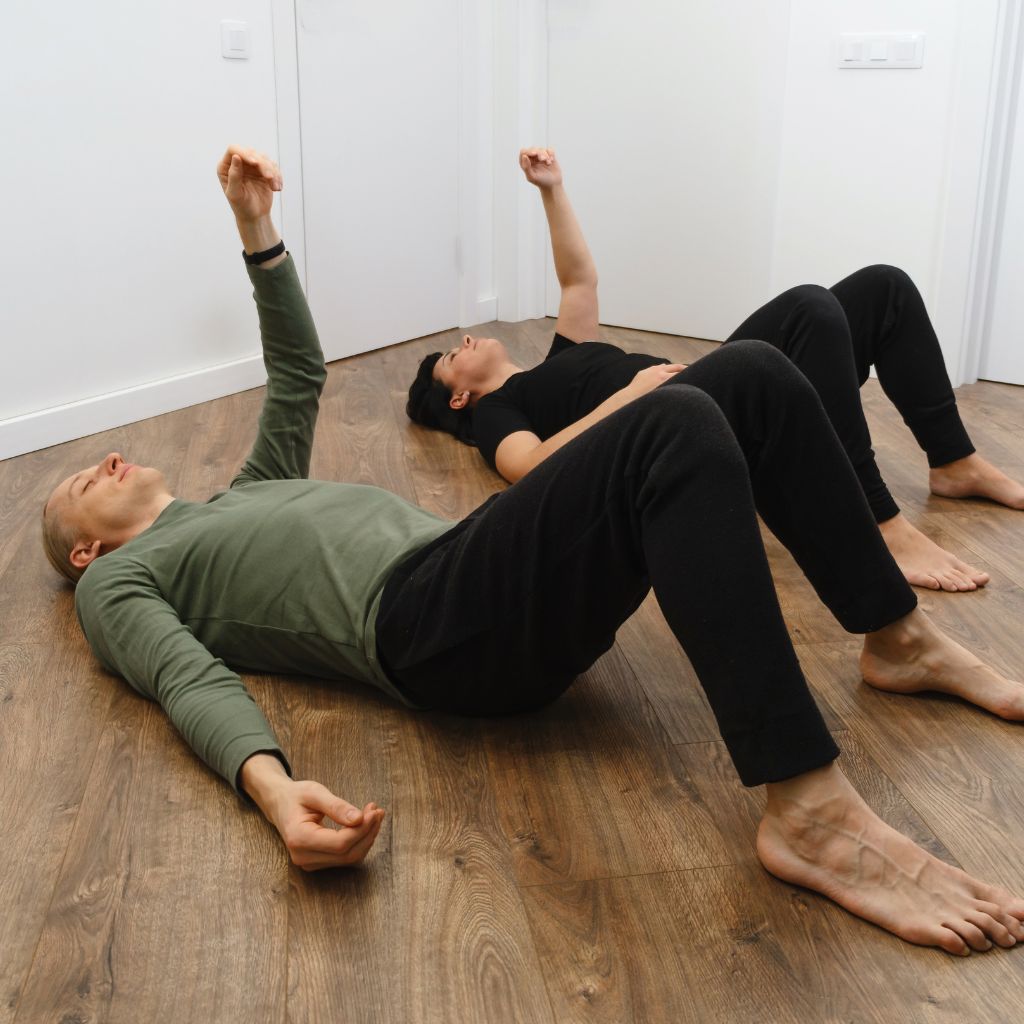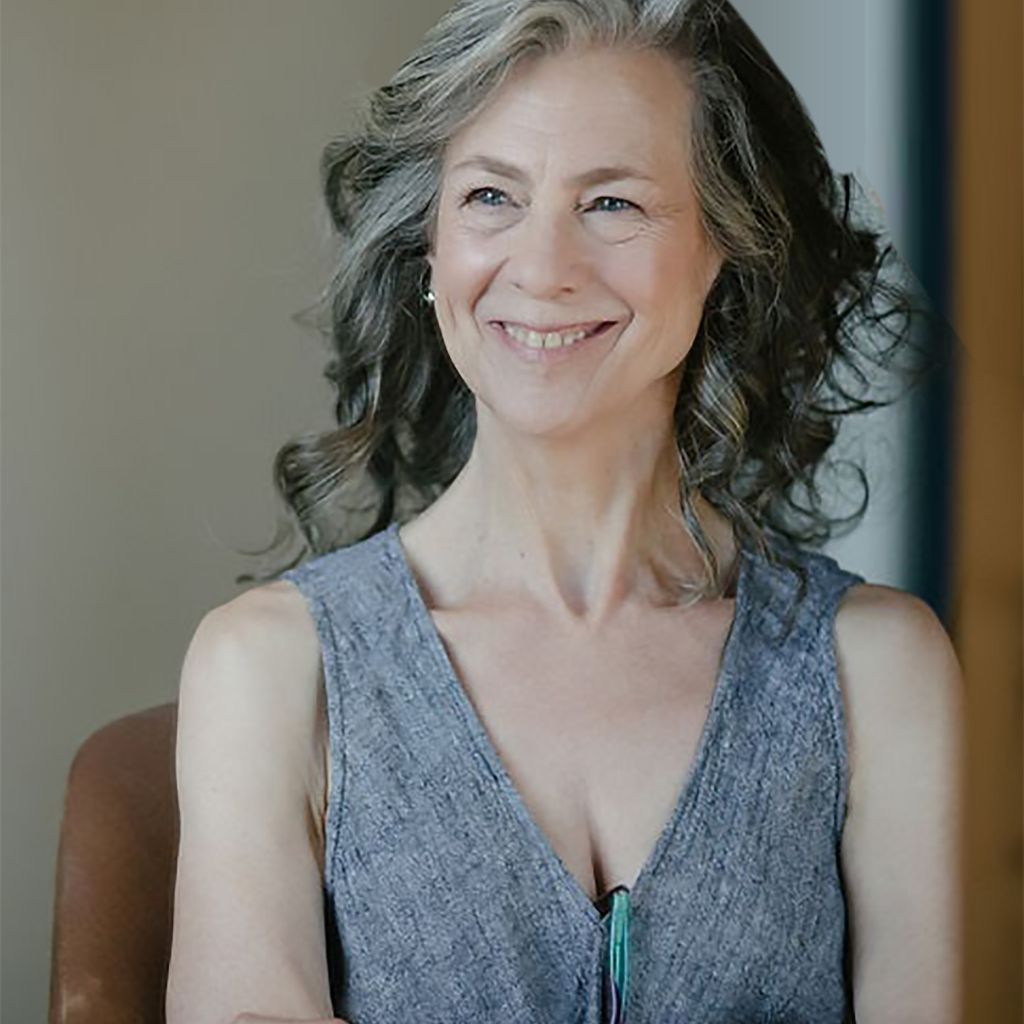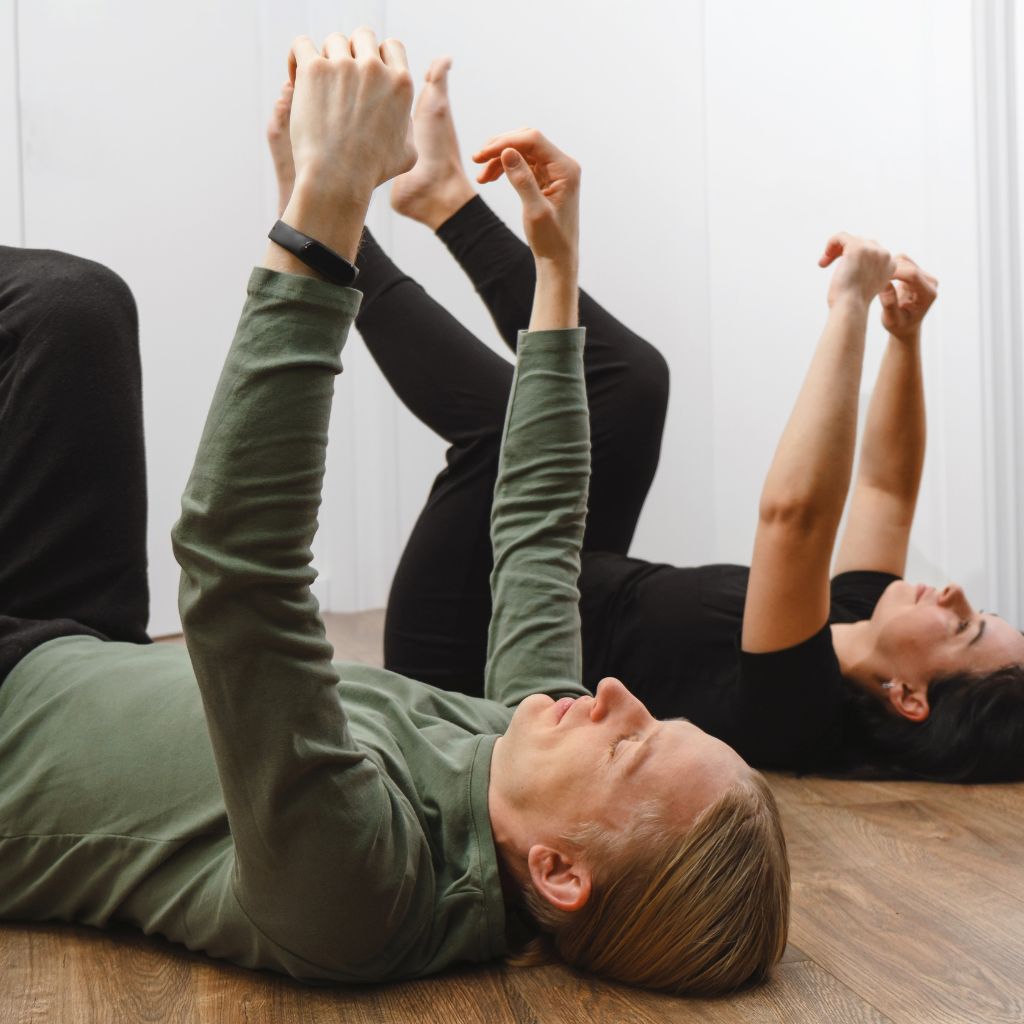Awareness Through Movement

About This Event
Winter's Theme:
Moving the Familiar in Unfamiliar Ways:
Benefits:
- Release tension while sourcing power
- Regaining back comfort
- Feeling your body as a whole and not in parts
- Overall skill and ease of action
- Find new possibilities in your movement
- Enrich your other movement practices — from dance and yoga to hiking & biking
March's Class Focus:
Expanding the Head & Tail Relationship.
Through pleasurable movement and the support of ground forces, this Awareness Through Movement lesson aims to influence and improve your sense of being erect. Recovering the skills we utilized in infancy, we will uncover more lightness and length. Enjoy this lesson as a stand-alone session or as the third lesson in this unique winter trio.
A brain without a body could not think.-Moshe Feldenkrais
What To Expect
60-Minute Classes
Awareness Through Movement® explores gentle movement and deep discovery. Each lesson is like a movement puzzle that can help create the neuroplastic state—the ability to rewire your brain. In time, this learning type can help you accurately sense yourself in motion and release habits of moving, thinking, feeling, and sensing that keep you from living a life fully expressed.
The Flow
- CONNECT:
We'll begin with some time at the beginning of class to check in and cultivate a safe space for moving. - MOVE:
We'll spend 30-40 minutes exploring ourselves through movement. - CONNECT:
We'll end with a bit of time to reconnect with one another and share our insights.
What You’ll Need
- Have a warm, safe, and comfortable space.
- Wear comfortable clothing that you can easily move in.
- Have a mat or rug you can lie on. You can also do this in bed if you cannot easily get down to and up from the floor.
Who is this class good for:
- All are welcome. No previous experience is necessary.
- This class is included in the Embodied Well Live reMembership
The Roots Of This Work
The Awareness Through Movement® Lessons stem from the rich body of work created by Moshe Feldenkrais, who developed the Feldenkrais Method® during the rich human potential movement of the 1960’s.
“Making the impossible possible, the possible easy, and the easy elegant.” —Moshe Feldenkrais
Replays & Recordings
- Attend the class live and/or enjoy a 14-day replay of the class. No weekly commitment or subscription is required.
- The edited recording will be added to the Member Library & Private Podcast.
________
Equitable Class Pricing ❤️
An equitable pricing model for the classes allows multiple price points based on the unique circumstances of the purchaser, from the country they live in and currency exchange rates to their current economic circumstances. Equitable pricing creates greater potential for classes to resemble the world we live in: intergenerational, multiethnic, intersectional, diverse communities with a wide range of abilities.
Equitable Pricing For This Class: $18-$30
Unsure how much to pay? We've included some suggested guidelines on our Equity page.
🔗
About Debra Wanner
Debra Wanner has been teaching Feldenkrais Awareness Through Movement® since 2003. Her work with adults is enriched by the work she has done with children and infants, keeping her deeply connected to the roots, qualities, and intentions of our actions. Debra has an MFA in Dance and is an interdisciplinary performance artist. Influenced by her study of Yoga, Yoga Narada, Pilates, and Gyrotonics, Debra is sensitive to the individual needs and experiences of her students.
Awareness Through Movement



